You are here
Back to topEnsuring Produce Quality for the Last Mile: TOMRA and Compac Target Repackaging Market in China
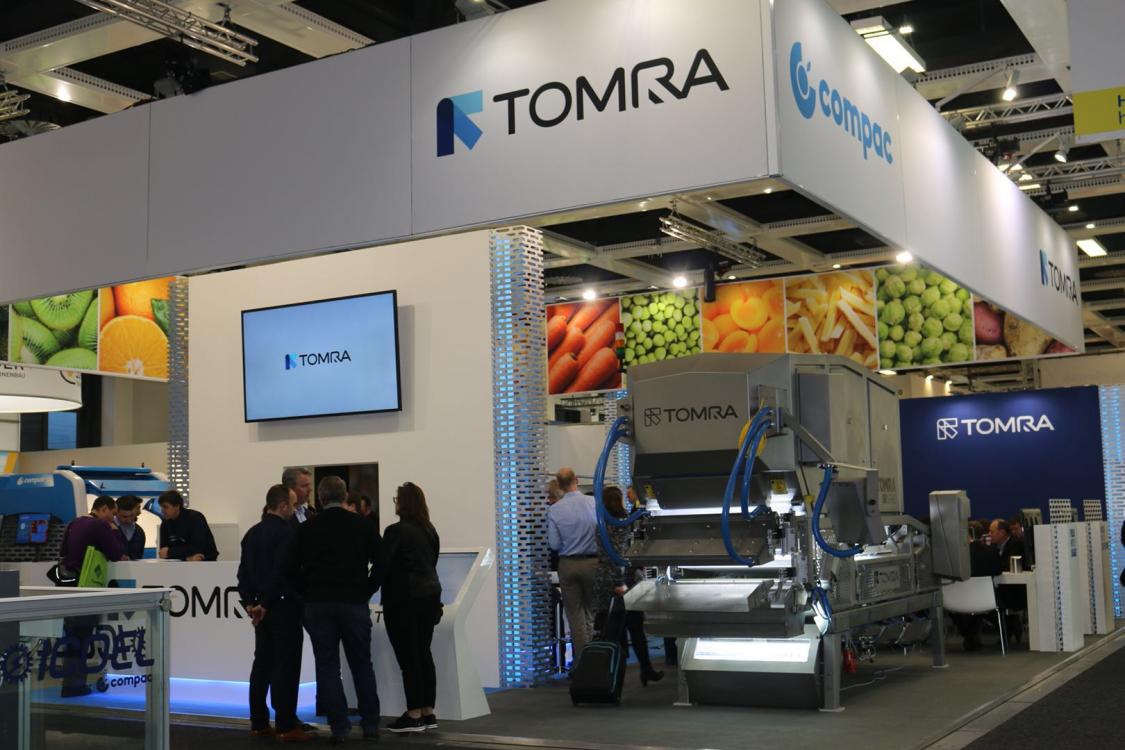
At the FRUIT LOGISTICA 2018 trade show held in Berlin earlier this month, Produce Report had the opportunity to interview Mike Riley, Head of TOMRA Food and CEO of Compac, regarding automated sorting solutions for the produce industry and TOMRA’s plans for the Chinese market. Following on from TOMRA’s acquisition of Compac last year, the two companies held a joint exhibit at the event to showcase their sorting technologies and share their passion for innovation at the largest trade show in the fresh produce industry calendar.
Headquartered in Norway and founded in 1972, TOMRA expanded its core business of sensing technology for recycling and mining operations into the food sector in 2011, on the back of the acquisitions of two leading players in this industry, Ireland-based Odenberg and the Belgian company BEST. In doing so, the company experienced great success in supplying bulk sorting equipment to major food processors, for example, accounting for 60–70% of the global market share of the processed French fries industry.
In a move to further diversify into the fresh fruit and vegetable sector, TOMRA’s acquisition of New Zealand’s Compac in 2017 added sorting solutions for apples, avocados, cherries, citrus fruits, kiwifruit, and stone fruit to the company’s technology portfolio. This acquisition also combined the complementary footprints of the two companies, supplementing TOMRA’s strong presence in the northern hemisphere with Compac’s success in the southern hemisphere, especially Australia, New Zealand, South Africa, and South American countries, all large exporters of fresh produce.
Over recent years, both companies have made substantial investments in China in an effort to break into this market. The Chinese produce industry is a relatively new market in terms of automation and one that still relies heavily on manual picking and packing, so there exists clear potential for revolutionizing this sector via automated sorting technologies. According to Mr. Riley, “We see China as the market that we just must win, and so we’re working together now to combine our forces…. We’re very excited about the China market.”
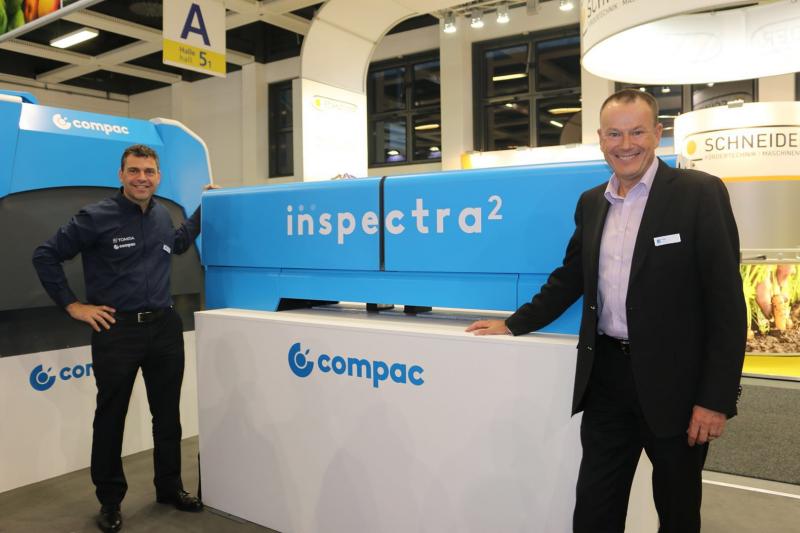
Given the size of the Chinese produce industry, a key part of Compac’s strategy is to identify and focus on the key market shapers. The company is also focusing on the key commodities that are most relevant to Chinese consumers, such as cherries and kiwifruit. In fact, the major Chinese e-commerce company Fruitday has recently opened a new fruit repacking center in Kunshan based on Compac’s technology, following on from its existing sorting facility for Bingtang oranges in Yunnan, apples, avocados, and kiwifruits, which allows the Brix levels to be accurately detected for each fruit passing down the packing line. Mr. Riley also explained how Compac is using its established connections to facilitate introductions and broker connections: “It helps to grow the sector, grow the exports and the imports, and grow the need for the technology, so everybody wins if we do that right.”
One emerging application for this technology is avocados, a fruit that is relatively new to China but one that is being imported in increasing volumes every year. Mr. Riley explained that Compac’s technology can be used to assess both the internal and external quality of avocadoes, correlate the data, and assign a grade to each individual fruit based on size, color, weight, density, blemish, and internal quality, all at a rate of 10–12 pieces of fruit per second.
Although this technology is widely applied to sort and pack avocados at origin in the key export markets of Peru, Chile, Colombia, and South Africa, at the time of packing in these distant countries, the avocados are far from being ripe and ready for consumption. Compac aims to show Chinese packers how the technology can be used in China to re-inspect the fruit and identify the perfect time for delivery to the consumer and provide a consistent eating experience, an issue that is especially relevant in China with its booming e-commerce industry: “There’d be no point in me as a Chinese consumer ordering an avocado online, having it delivered two hours later, only to find out that it’s not ripe. You’ve just destroyed the whole value proposition of online retail by quickly delivering to me something that is not edible.”
Indeed, Mr. Riley explained that he is a strong advocate for re-inspection prior to what he calls the “last mile”, that is, just before delivery to the end consumer: “Look at it just before you deliver it, look at it again – I think that’s so important. I don’t know how we believe that we can build these brands around all of these different types of fruit and promise the consumer a great experience every time if the last time that fruit was inspected was 30 days ago on a different continent.” This approach also has the potential to lead to a more efficient supply chain by allowing the fruit to be imported in bulk and packed in the appropriate branded consumer packaging upon arrival, eliminating the need to ship excess packing materials around the globe.
In terms of challenges for the future, Mr. Riley noted that there is still much work to be done, especially in terms of internal inspection of fruit and getting accurate, easy-to-use, and cost-effective sensors close to the consumer – the last mile. Nonetheless, he remains confident of the opportunities inherent in the Chinese market: “It’s a blue ocean, there’s lots of opportunity…. It’s huge, it’s moving very very quickly, it’s embracing online, and consumers are willing to pay good money for good-quality products.”
In another recent development, last week TOMRA also signed an agreement to acquire BBC Technologies, a New Zealand company that focuses on precision grading and packing solutions for blueberries and other small fruits, further strengthening the range of produce that can be sorted using TOMRA’s technology portfolio.
Image source: MZMC



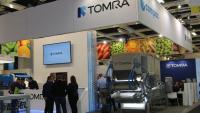

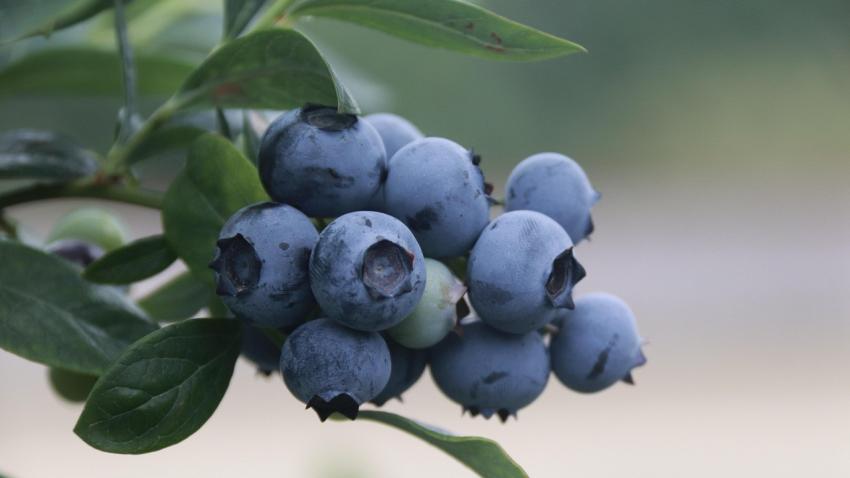
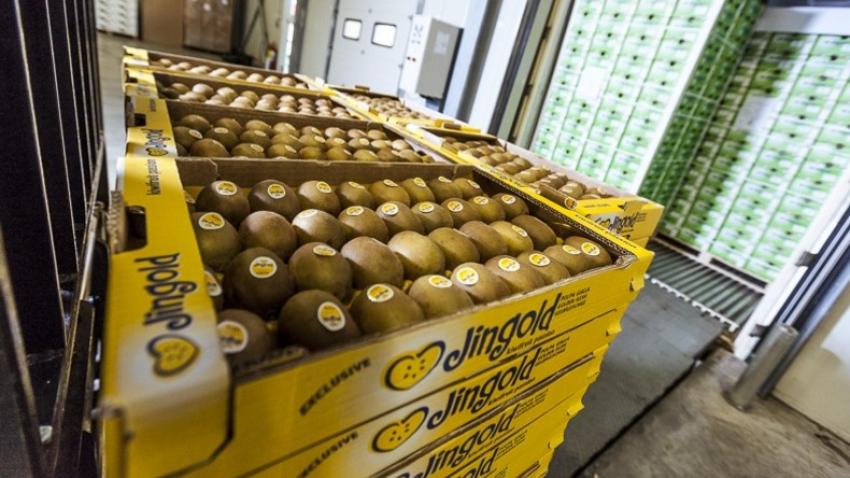
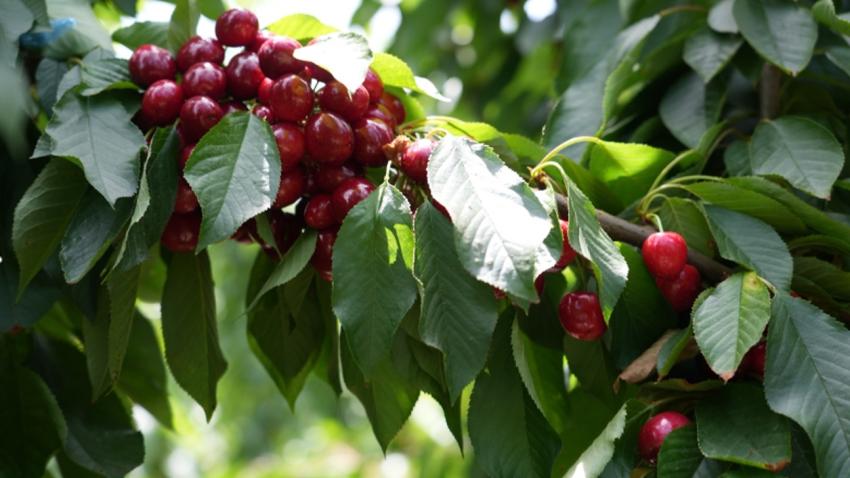







Add new comment